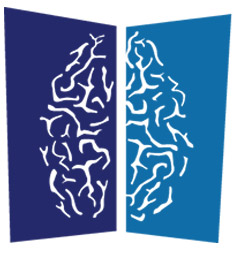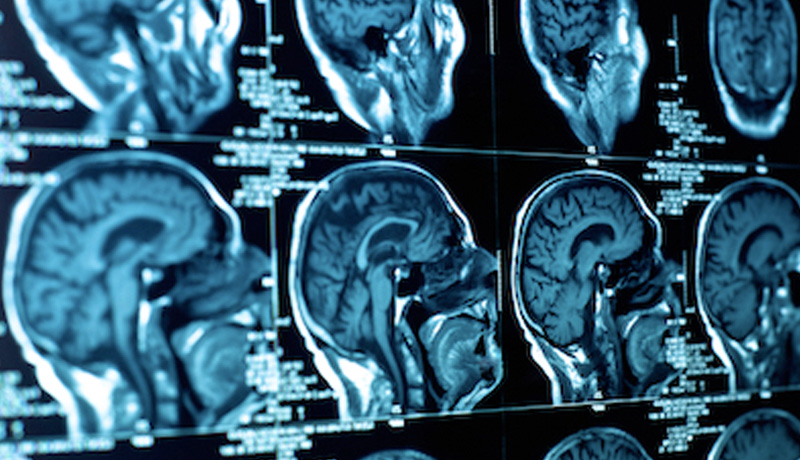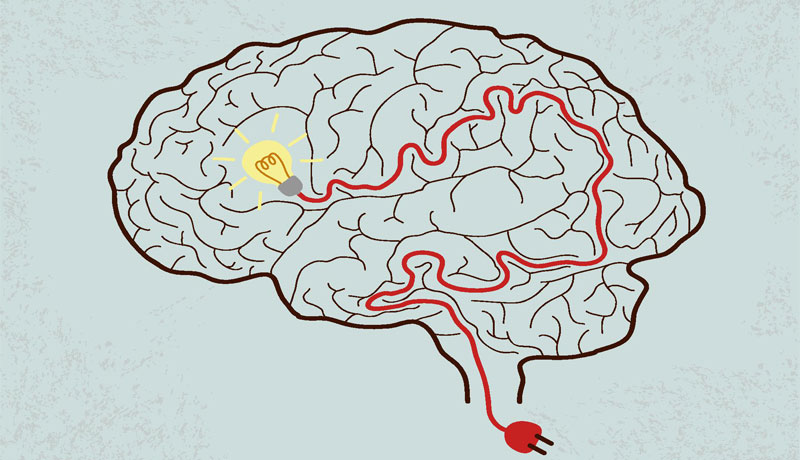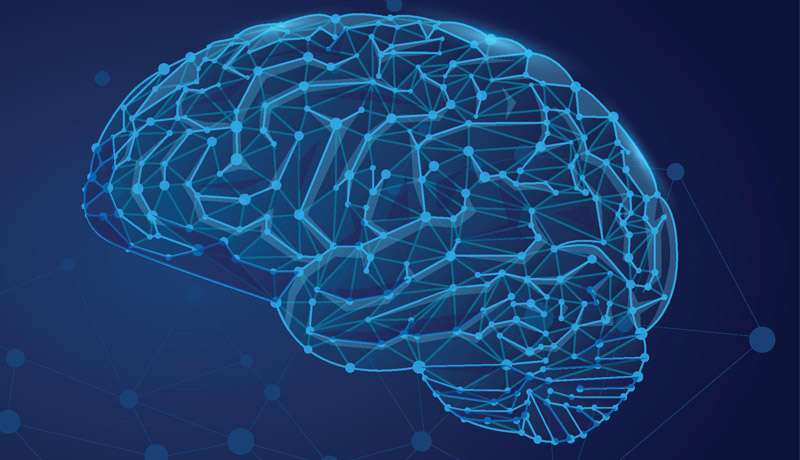At Advanced Neurosurgical Associates, we are often asked how patients are diagnosed with brain tumors. This brings up the question of brain tumor symptoms and how to know what signs indicate something serious, such as cancer. This is particularly the case for common symptoms, such as whether nosebleeds and headaches are a sign of brain cancer.
Do You Have a Brain Tumor?
For many people with a brain tumor, diagnosis occurs after visiting the doctor due to experiencing a problem or symptom, such as frequent headaches or other significant changes.
Symptoms of a brain tumor can be general or specific:
- A general symptom is caused by the pressure of the tumor on the brain or spinal cord.
- On the other hand, when a specific part of the brain is not functioning normally because of a tumor, it may result in specific symptoms.
Tumors also grow differently:
- Some tumors may not cause symptoms until they are quite large; then they can quickly damage a patient’s health.
- Other tumors have symptoms that develop slowly.
Can Brain Cancer Cause Nosebleeds and Headaches?
Brain tumor symptoms depend on tumor size, type, and location. Symptoms may be caused when a tumor presses on a nerve or harms a part of the brain. Also, they may be caused when a tumor blocks the fluid that flows through and around the brain, or when the brain swells because of the buildup of fluid, causing excess pressure on the skull.
Nosebleeds can occur particularly from brain tumors in the sinus area (which is uncommon), or from tumors that start at the base of the skull, such as meningioma which is usually benign. Although, even when brain cancer is benign, it still causes damage.
Thus, due to the location, these types of brain cancer are commonly associated with other symptoms, such as vision or hearing issues. So, if you only have a nosebleed, it is unlikely to be a sign of brain cancer.
Is Your Nosebleed or Headache A Sign of Brain Cancer?
Sometimes, people with a brain tumor do not show any typical symptoms. Or, certain symptoms may be caused by a medical condition that is not a brain tumor, which is not uncommon since these symptoms can be indicative of various conditions.
For example, nosebleeds are indicative of a number of non-threatening conditions, such as:
- Dry air
- Allergies, rhinitis, or sinusitis
- Aggressive blowing, picking, or irritation to the nasal blood vessels
- Quick changes in temperature
- A cold or flu
- High blood pressure
- Nasal polyps, non-cancerous growths inside the nose or sinuses.
In many cases, a nosebleed is not likely to indicate a brain tumor. Of course, if a person is concerned about any suspicious symptoms, he/she should speak with a doctor.
How Do You Know If You Have a Brain Tumor?
While nosebleeds and headaches are common signs for a number of conditions, you should particularly see a doctor if you also present any of the below symptoms:
- Headaches that gradually become more frequent and more severe, especially with activity or early in the morning
- New onset or changes in the pattern of your headaches
- Nausea or vomiting that is frequent and unexplained
- Vision problems
- Gradual loss of feeling or movement in an arm or a leg
- Difficulty with balance
- Speech difficulties
- Confusion in everyday or routine matters
- Personality, memory, or behavioral changes
- Numbness or weakness in the face, or problems swallowing
- Seizures, especially in someone without a history of seizures
- Hearing difficulties
- Fatigue
Read more symptoms of brain and spine tumors.
If you have a pituitary tumor – on the pituitary gland; these tumors are usually benign – you might also show:
- Bruising easily, loss of or excessive body hair, or low blood pressure
- Abnormal sexual, menstrual or breast milk issues
- Male breast development
- Enlarged hands or feet
- Changes in the face
- Obesity
- Hot or cold sensitivity
Headaches and Nosebleeds in Children
At Advanced Neurosurgical Associates, parents and caregivers often lament that they did not recognize any signs or symptoms that their child had a brain tumor. We understand the challenge; children may not recognize symptoms of illness, ignore them, or be too young to communicate them. Therefore, parents or caretakers should make certain children have regular medical checkups and be alert to signs that indicate something might be seriously wrong with a child.
Still, it can be difficult. How does a parent distinguish between a relatively minor illness and a serious one, such as a brain tumor or cancer? When do nosebleeds or headaches in children signify cancer?
If a child has any of the following persistent symptoms, it is recommended to seek medical attention. Of course, these symptoms can occur for reasons other than serious illness. Therefore, if a doctor is not able to determine the cause, seek a second opinion:
- Tiredness or lack of energy
- Unusual lumps or swelling in the body
- Nausea or loss of appetite
- Changes in sleeping patterns, whether excessive sleeping or lack of sleeping
- Change in behavior, such as increased irritability, complaining or crying
- Toilet problems
- Stumbling or falling
- Double vision or other eye problems
- Easy and frequent bruising
- Nosebleeds or bleeding from any part of the body
Read more symptoms in our guide on pediatric brain and spine tumors.
If you are ever in doubt, always seek the advice of a doctor or expert neurosurgeon.
Source: National Cancer Institute, Advanced

ANA is a team of expert neurosurgeons and medical professionals, who combine their decades of knowledge to provide information, events, and articles on a range of neurological conditions.





